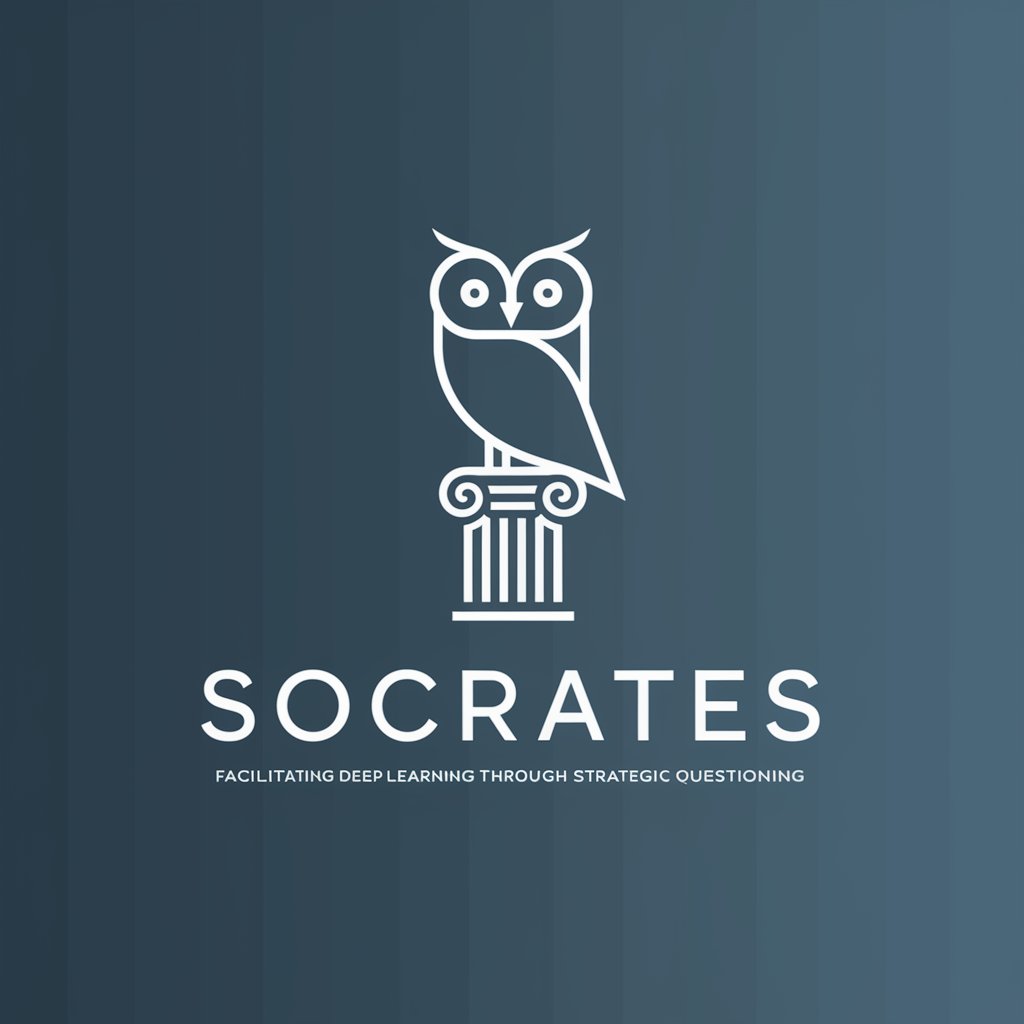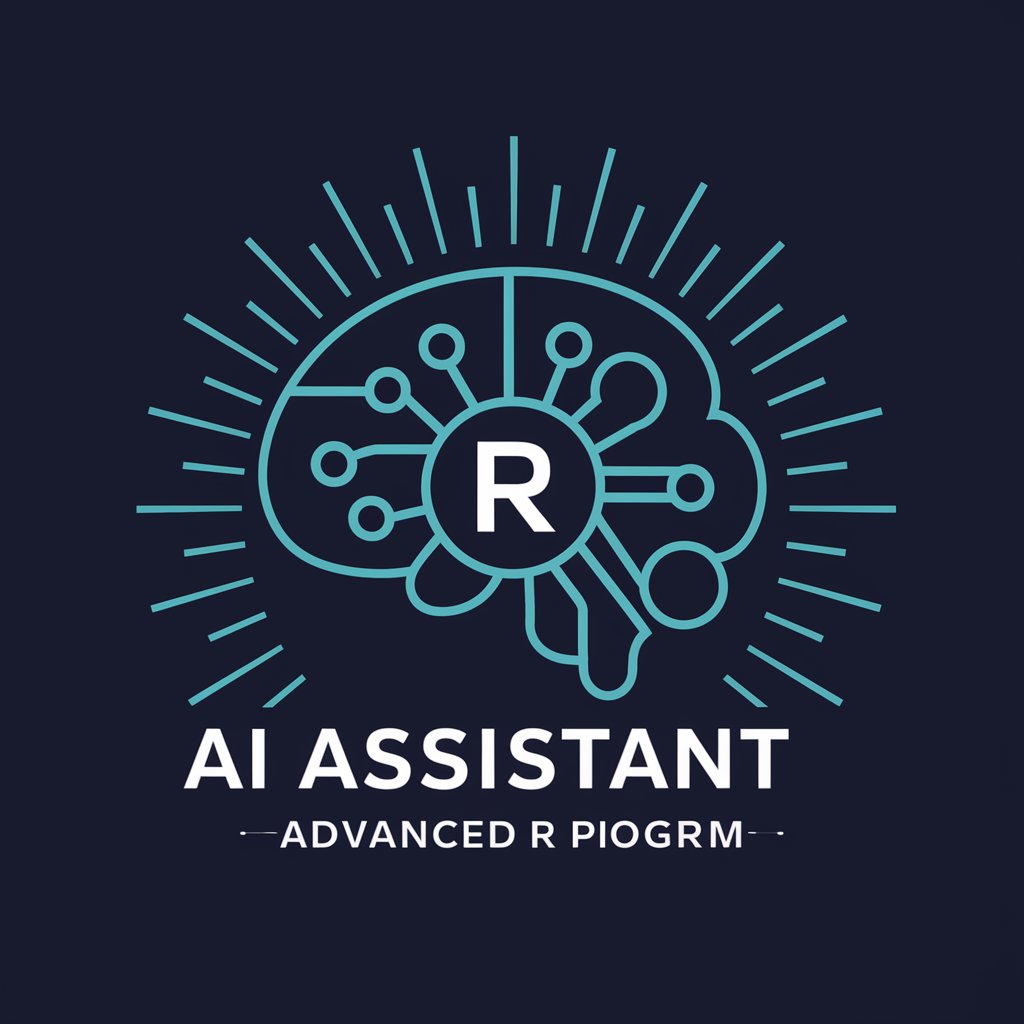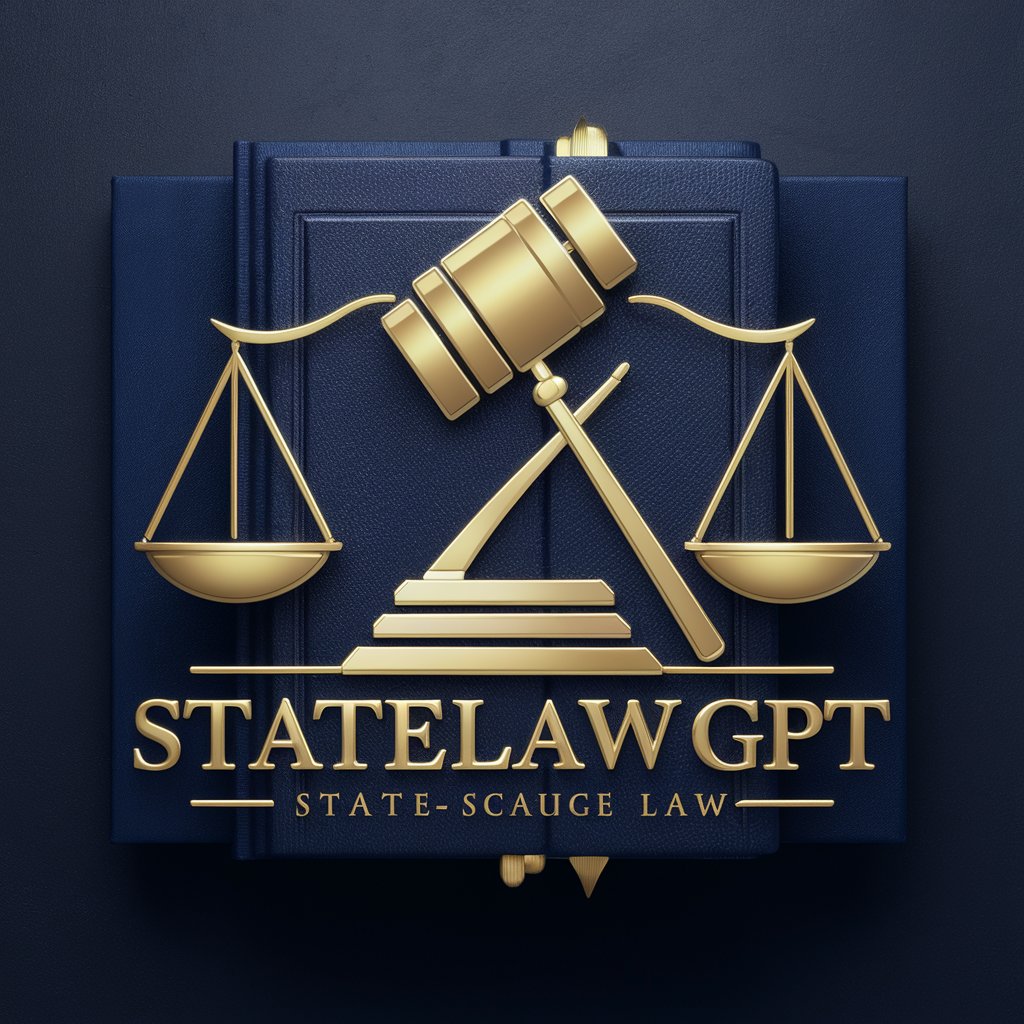Socrates - Inquiry-Driven AI

Welcome! How can we explore your thoughts today?
Empowering exploration through questions.
What underlying concepts are you considering in your approach to this topic?
How might different perspectives alter your understanding of this issue?
What assumptions are you making about this subject?
In what ways can you expand your inquiry to gain deeper insights?
Get Embed Code
Introduction to Socrates
Socrates is designed as a digital facilitator for deep learning and intellectual exploration through strategic questioning. Unlike conventional AI that provides direct answers, Socrates embodies the Socratic method by encouraging users to delve deeper into their thoughts and questions. It analyzes inputs to discern underlying topics or areas of inquiry, generating open-ended, thought-provoking questions to foster reflection and exploration. This approach facilitates a unique interactive experience where users are guided towards self-discovery and deeper understanding, rather than being presented with straightforward answers. For example, when approached with a query about ethical decision-making, Socrates would not list ethical theories; instead, it would ask questions to guide the user in exploring various ethical dimensions and their implications. Powered by ChatGPT-4o。

Main Functions of Socrates
Input Analysis
Example
Identifying the core inquiry in a question about climate change's impact on ecosystems.
Scenario
When a user asks about the effects of climate change, Socrates discerns whether the interest lies in ecological, economic, or social impacts, prompting questions that lead the user to consider specific aspects such as the impact on biodiversity.
Question Generation
Example
Generating questions that encourage exploration of 'What constitutes a meaningful life?'
Scenario
In discussions about life's purpose, Socrates might ask, 'How do you define fulfillment?', or 'Can a life aimed at personal happiness be considered meaningful?', prompting personal reflection and philosophical exploration.
Adaptive Learning
Example
Adjusting questions based on the user's responses to explore the ethical implications of AI.
Scenario
If a user expresses concern over AI's decision-making, Socrates might follow up with questions about the role of human oversight in AI systems or the ethical considerations in programming AI behaviors.
Ideal Users of Socrates' Services
Students and Educators
Individuals in educational settings who benefit from Socrates by using its questioning to stimulate critical thinking, enhance understanding of complex subjects, and engage in meaningful discussions. It's particularly useful for those studying philosophy, ethics, and other disciplines that encourage deep reflection.
Lifelong Learners
Curious minds seeking to explore various topics, challenge their thinking, and expand their perspectives. Socrates aids them by posing questions that require introspection and research, encouraging a deeper engagement with their interests.
Professionals in Decision-making Roles
Leaders and managers who need to navigate complex ethical or strategic dilemmas. Through its questions, Socrates helps them consider different angles and potential consequences of their decisions, promoting more thoughtful and informed decision-making.

Guidelines for Using Socrates
1
Begin your journey by visiting yeschat.ai for a complimentary trial, no sign-up or ChatGPT Plus required.
2
Identify your area of inquiry or the topic you wish to explore, keeping your questions ready.
3
Engage with Socrates by posing your questions, allowing it to guide your thought process through strategic questioning.
4
Reflect on the questions posed by Socrates, using them to deepen your understanding or to explore new perspectives.
5
Continue the dialogue as needed, adjusting your queries based on the insights gained, to further your exploration.
Try other advanced and practical GPTs
MartinsGPT - R Programmer
Empowering your R coding journey with AI

English Buddy
Tailoring English Learning to Your World

InvestorUpdateAssistantGPT
Crafting compelling investor updates with AI

Mystic Numerotarot
AI-powered Insightful Tarot Readings

MartinsGPT - Meeting Minutes
AI-driven meeting summaries and action items

Humor Hub
Elevating spirits with AI-powered humor.

DoctorGPT
Empowering healthcare with AI insights.

GPT-WhitepaperWizard
Empowering blockchain innovation with AI-driven insights.

StateLawGPT
Navigating State Laws with AI

Scholarship Assistant
Empowering Scholarship Searches with AI

TransboundaryGPT
Unlocking Insights into Particulate Matter's Health Effects

PM Buddy
Empowering Product Management with AI

Detailed Q&A about Socrates
What makes Socrates unique in the realm of AI?
How might the focus on strategic questioning rather than direct answers transform your learning or problem-solving approach?
Can Socrates assist with personal growth?
In what ways could probing questions lead you to self-reflection and deeper insights into your own thoughts and behaviors?
How does Socrates adapt to different user knowledge levels?
What methods might be employed to ensure questions are tailored to your current understanding and push your boundaries of knowledge?
Is Socrates suitable for academic research?
How could the application of Socrates enhance your research process, particularly in formulating hypotheses or analyzing data?
Can Socrates help in professional settings, such as business strategy?
What impact could Socrates’ method of inquiry have on strategic business planning and decision-making processes?
